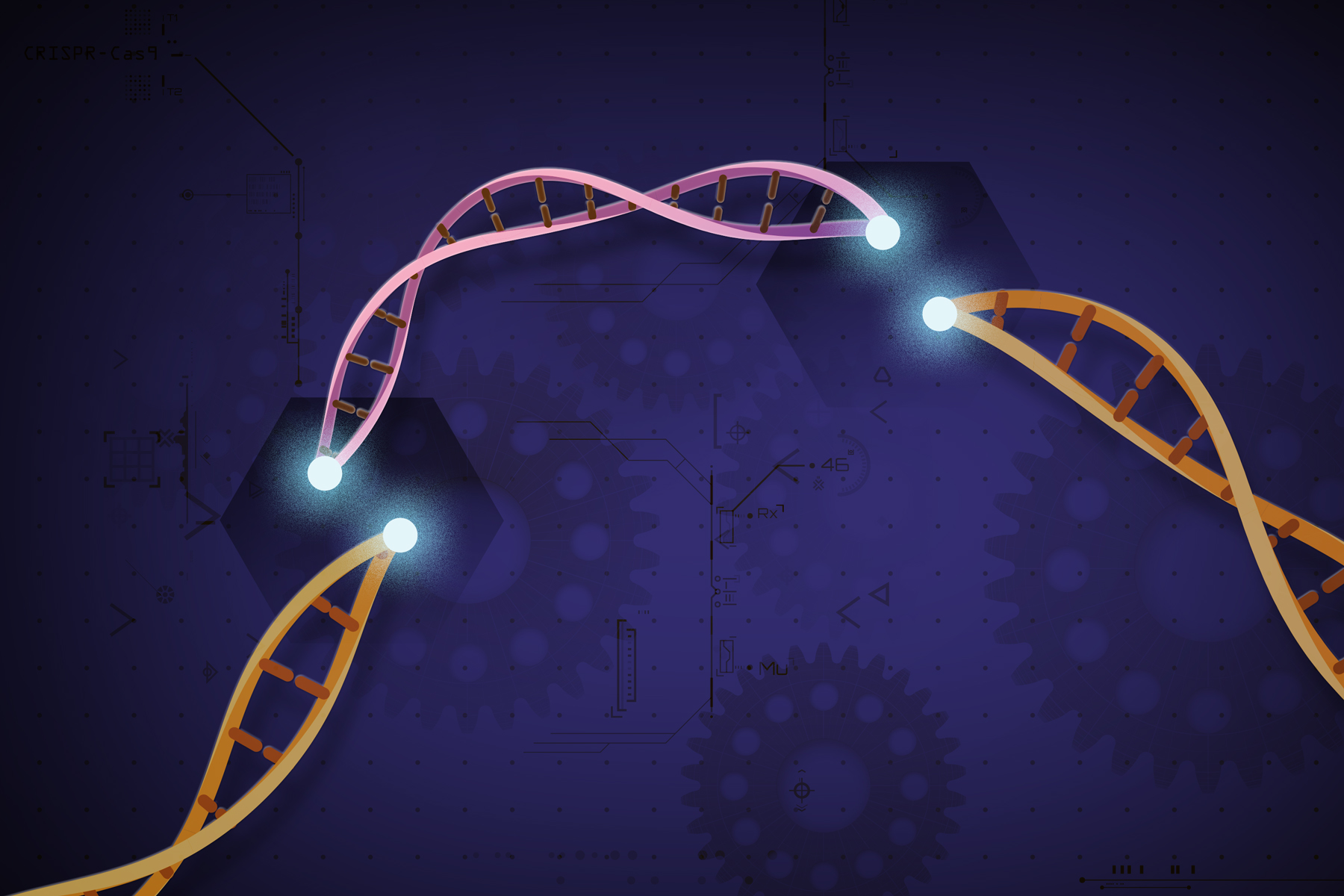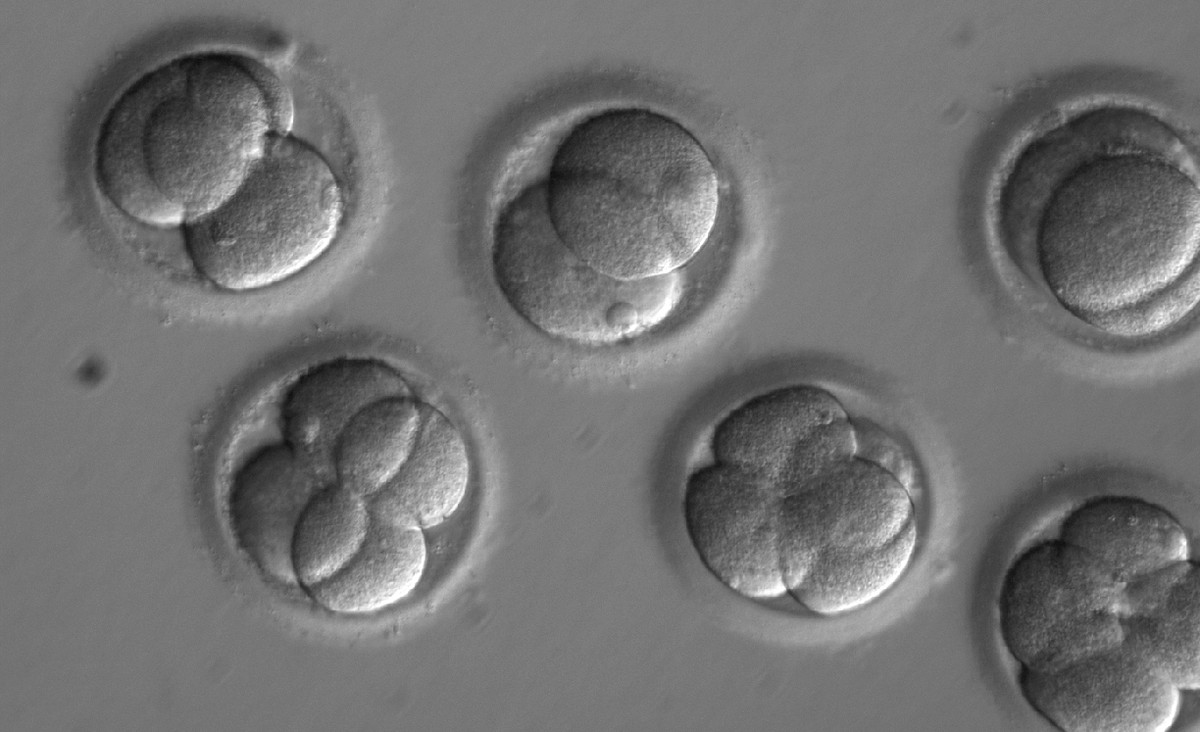Prenatal CRISPR prevents the development of a genetic disease in the mouse
2018/10/08 Agirre Ruiz de Arkaute, Aitziber - Elhuyar Zientzia Iturria: Elhuyar aldizkaria

Although editing genes before being born in humans is prohibited, scientists are rehearsing with mice and for the first time have managed to treat a genetic disease before being born using the CRISPR technique. In mice with hereditary thyroid disease, silencing the mutation causing the disease, they have prevented its development.
For this purpose they have used a modified version of the CRISPR-Cas 9 technique. In this case, the effect of mutation has been avoided through genetic editing, but it has not been corrected, as published in the journal Nature Medicine. They have affirmed that the next challenge is precisely that.
In fact, researchers have indicated that the objective is to develop a strategy to correct human diseases that do not have effective treatment before birth, especially in those cases in which serious complications or death can occur at the time of their birth. In the case of thyrosinemia, for example, it is a metabolic disease that forces a strict diet so that babies can survive. Despite the presence of a drug, it can cause serious functioning problems and cancer in the liver. Although prenatal genetic editing is a technique of great potential, they have recognized that there is much work ahead.

Gai honi buruzko eduki gehiago
Elhuyarrek garatutako teknologia




